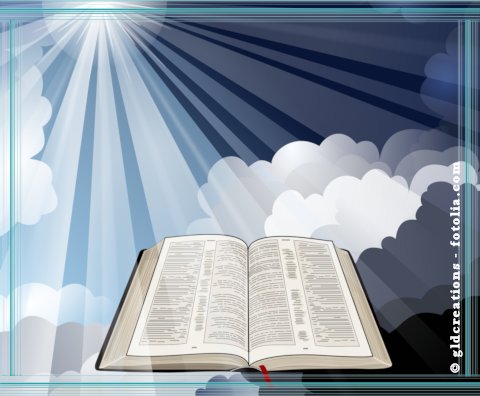The existence of only one God has great implications
Va-Ethannan
For the week of August 1, 2015 / 16 Av 5775
Torah: Devarim/Deuteronomy 3:23-7:11
Haftarah: Isaiah 40:1-26
The Only God

Know therefore today, and lay it to your heart, that the LORD is God in heaven above and on the earth beneath; there is no other. (Devarim/Deuteronomy 4:39)
A couple of years ago, I came upon some false teaching claiming that the people of Israel in biblical times believed in many gods of which their God was only one. That Israel throughout its history, at times in great numbers, turned to false gods is clearly attested by Scripture (see 1 Melachim/1 Kings 19:9-18), the official teaching as given by Moses is that whatever else these entities or non-entities might be, they are not really gods. As I just quoted, Moses clearly taught that in the entire universe the God of Israel alone is God.
Moses continues with the implications of this:
Therefore you shall keep his statutes and his commandments, which I command you today, that it may go well with you and with your children after you, and that you may prolong your days in the land that the LORD your God is giving you for all time (Devarim/Deuteronomy 4:40).
Since there is only one God, it logically follows that his ways and his ways alone should be adhered to. Since he is not simply an influence or a concept, but creator of everything, why would we do anything but obey him? This could only be a possibility if he actually revealed his ways to us, of course. But not only does the Bible attest to be that revelation, there is ample evidence that this is truly the case. Such evidence includes the reliability of the biblical manuscripts (the story of the Dead Sea Scrolls are one great example of God's preservation of the text through the centuries); Scripture's prophetic component; especially the messianic prophecies; and the resurrection of Yeshua as a historically reliable event.
Tragically even among people who traditionally revere the Bible, there is growing disdain for God's ways as revealed in Scripture. In large portions of the Jewish community, biblical morality is viewed as old fashioned, while for many Christians, biblical commandments are regarded as obsolete relics from an oppressive system, replaced by a hard-to-define, follow-your-heart spirituality.
Few realize how much both these viewpoints have in common in the way they misunderstanding and misapply Hebrew Scripture. Both are correct in regarding the system in which Torah was revealed as obsolete, without necessarily understanding why. The Temple's destruction in the year 70 marked the finality of the transition from the sacrificial rituals to the New Covenant under the Messiah. The change of system, however, doesn't mean that all the ways of living as revealed through Moses are no longer applicable to human beings. Certainly some of the commandments given in those days were for ancient Israel alone, but so much of God's wisdom regarding good and blessed living was given into Israel's care to one day share with the entire world.
While the Bible is clear that relationship with God can only be established by trusting in him, in particular what he has done through the death and resurrection of the Messiah, the whole of Scripture from Genesis through Revelation, rightfully understood, provides what we need to live a good and blessed life. To ignore the full breadth of God's revelation will result in destruction and grief, whether we are believers or not.
And since the Bible is the only true revelation from the only God, while it is right and proper to show humble respect toward other viewpoints, we mustn't be coerced into the misguided notion that these other viewpoints are valid. There is no other God; there is no other Truth. We who have received this gift have no reason to be apologetic for it or reason to keep it to ourselves. In fact, what's stopping us from proclaiming it more than ever before!
---
Unless otherwise noted, scripture quotations are from The Holy Bible,
English Standard Version®, copyright © 2001 by Crossway Bibles, a
publishing ministry of Good News Publishers. Used by permission. All
rights reserved.
Comments? E-mail: comments@torahbytes.org
Subscribe?
To have TorahBytes e-mailed to
you weekly, enter your e-mail address and press Subscribe
[ More TorahBytes ] [ TorahBytes Home ]
